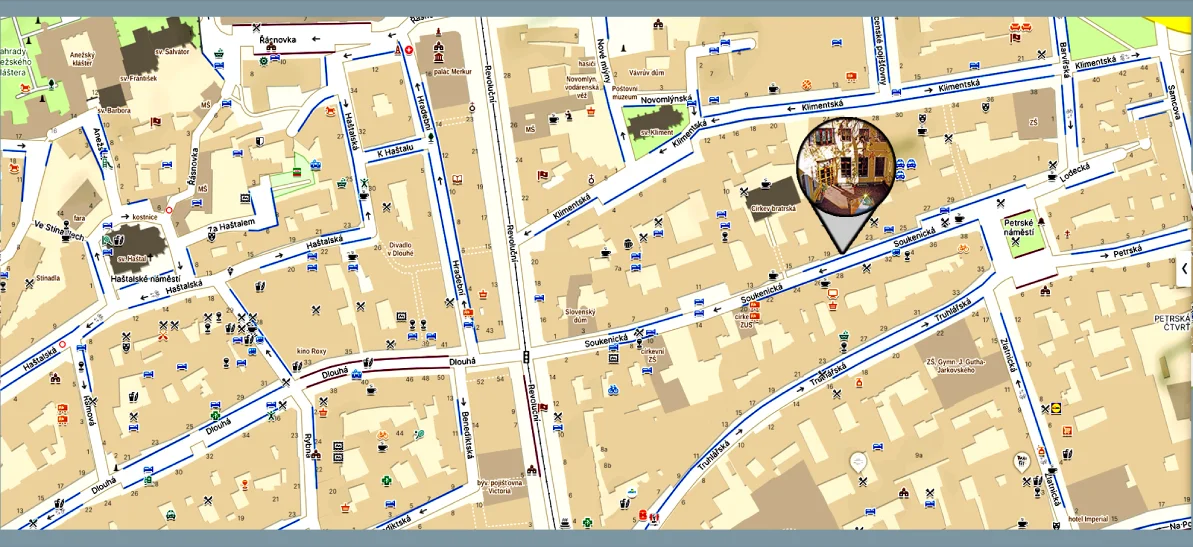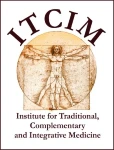
Dr. Radhika Injamuri, M.D. (Ayu), MBA - India
Abstract of the presentation
Enhancing Cognitive Outcomes in Cerebral Palsy: Integrating Traditional Medicine
Co-authors: 1. Dr. Durga Prasad Dash Deputy Dean; Professor and H.O.D, Department of Kaumarabhritya, Sri Sri College of Ayurvedic Science and Research Hospital, Sri Sri University, Cuttack, Odisha, India. 2.Dr. Suryanarayana Mudadla Professor, Post graduate department of Kaumarabhritya, Shree Jagadguru Gavisiddheshwara Ayurvedic medical college and hospital, Koppal, Karnataka, India.
Branch: Ayurveda (Kaumarabhritya)
Cerebral palsy (CP) is a neurodevelopmental disorder affecting motor, cognitive, and sensory functions. Despite advances in modern medicine, cognitive impairments in CP patients pose significant challenges, impacting their quality of life and social integration. While conventional therapies focus on symptomatic management, traditional medicine offers a promising avenue for holistic and sustainable improvements. This study explores the potential of Ayurvedic therapies in enhancing cognitive outcomes in children with CP, emphasizing their complementary role alongside contemporary interventions.
Ayurveda, an ancient Indian medical system, provides a comprehensive approach to health through personalized treatments targeting mind-body harmony. Key therapeutic interventions such as Panchakarma (detoxification) and Medhya Rasayanas (nootropic herbs) have demonstrated neuroprotective, adaptogenic, and cognitive-enhancing properties, while Ayurvedic massage (Abhyanga), Shirodhara, and Nasya therapies promote relaxation, improve circulation, and facilitate neural regeneration. The study adopts a single-intervention approach to evaluate the efficacy of these traditional Ayurvedic therapies.
Quantitative measures, including Mayes Motor-Free Scale, and qualitative data from caregivers and clinicians highlight changes in cognitive function, attention, and emotional well-being. A systematic review of the literature and case studies further substantiate the findings, providing insights into the mechanisms underlying these benefits. Preliminary results indicate significant improvements in attention span, memory retention, and emotional stability among participants undergoing combined traditional and modern therapeutic protocols.
The integrative approach not only enhances cognitive outcomes but also fosters better adaptability to environmental challenges. This paper underscores the importance of bridging traditional knowledge with scientific rigour, paving the way for evidence-based integrative models in managing complex neurodevelopmental disorders like CP. Future research should focus on large-scale clinical trials, bioactive compound isolation, and cross-disciplinary collaborations to establish standardized protocols for effective implementation.
Keywords: cerebral palsy, Ayurveda, cognitive outcomes, traditional medicine, Nasya
Curriculum vitae
Dr. Radhika Injamuri, with an M.D. in Ayurveda (PhD), (MBA), is an Ayurvedic pediatrician with 9 years of teaching experience and 12 years of clinical experience in treating children with Ayurveda. Working as an Associate Professor in the postgraduate department of Kaumarabhritya at Shree Jagadguru Gavisiddheshwara Ayurvedic Medical College, Koppal, Karnataka, affiliated with Rajiv Gandhi University of Health Sciences, Bangalore, Karnataka. Even exploring various domains, such as research and healthcare management, to nurture child healthcare through Ayurveda. Also completed Yale University’s online course ‘The Science of Well-Being,’ gaining insights into evidence-based strategies for improving productivity, resilience, and overall well-being in adolescents. Completed the “Newborn Assessment” course from the University of Colorado System, gaining competencies in systematic newborn examination, clinical observation, and identification of neonatal health concerns. Committed for contributing to the advancement of Ayurveda through innovative teaching methods and impactful research.
Served as Moderator for the IIT-Bombay SWAYAM-NPTEL course named Designing learner-centric MOOCs for 2024 and 2025. Also holding responsibilities of Journal Associate -editor, Peer reviewer, and Editorial Board Member to various international journals. Served in many administrative responsibilities in the present working institute. Academic committee member and Faculty of EAA (Europe Ayurveda Academy), France. Published 20 journal articles and presented various scientific papers at different national and international seminars, and also an internal and external examiner in different universities for the course of Ayurveda.
Email-id: raadhika.ayu@gmail.com
LinkedIn: www.linkedin.com/in/raadhika8
Research gate : Radhika Injamuri (researchgate.net)
Web of science : ResearcherID: KQV-1051-2024
ORCHID ID : https://orcid.org/0000-0001-9992-5107
In short :
Dr. Radhika Injamuri is an Ayurvedic Pediatrician with over 12 years of clinical expertise in child healthcare and 9 years of academic teaching experience. She is currently Associate Professor in the Postgraduate Department of Kaumarabhritya at Shree Jagadguru Gavisiddheshwara Ayurvedic Medical College, Koppal, Karnataka, affiliated with Rajiv Gandhi University of Health Sciences, Bengaluru.
Her research and professional interests focus on integrating Ayurveda with modern approaches in healthcare management and education, with special emphasis on nurturing child health and well-being. She has completed global online courses, including “The Science of Well-Being” (Yale University) and “Newborn Assessment” (University of Colorado System), enhancing her skills in resilience, adolescent health, and neonatal assessment.
Dr. Injamuri has published 20 journal articles and presented widely at national and international scientific forums. She serves as Moderator for the IIT-Bombay SWAYAM-NPTEL course “Designing Learner-Centric MOOCs,” and contributes actively as a Journal Associate Editor, Peer Reviewer, and Editorial Board Member for international journals. She is also an Academic Committee Member and Faculty of the Europe Ayurveda Academy (EAA), France.
Committed to advancing Ayurveda through innovative teaching and impactful research, she continues to bridge traditional knowledge with contemporary healthcare needs.
Please note that some of the texts also include machine-generated translations.





